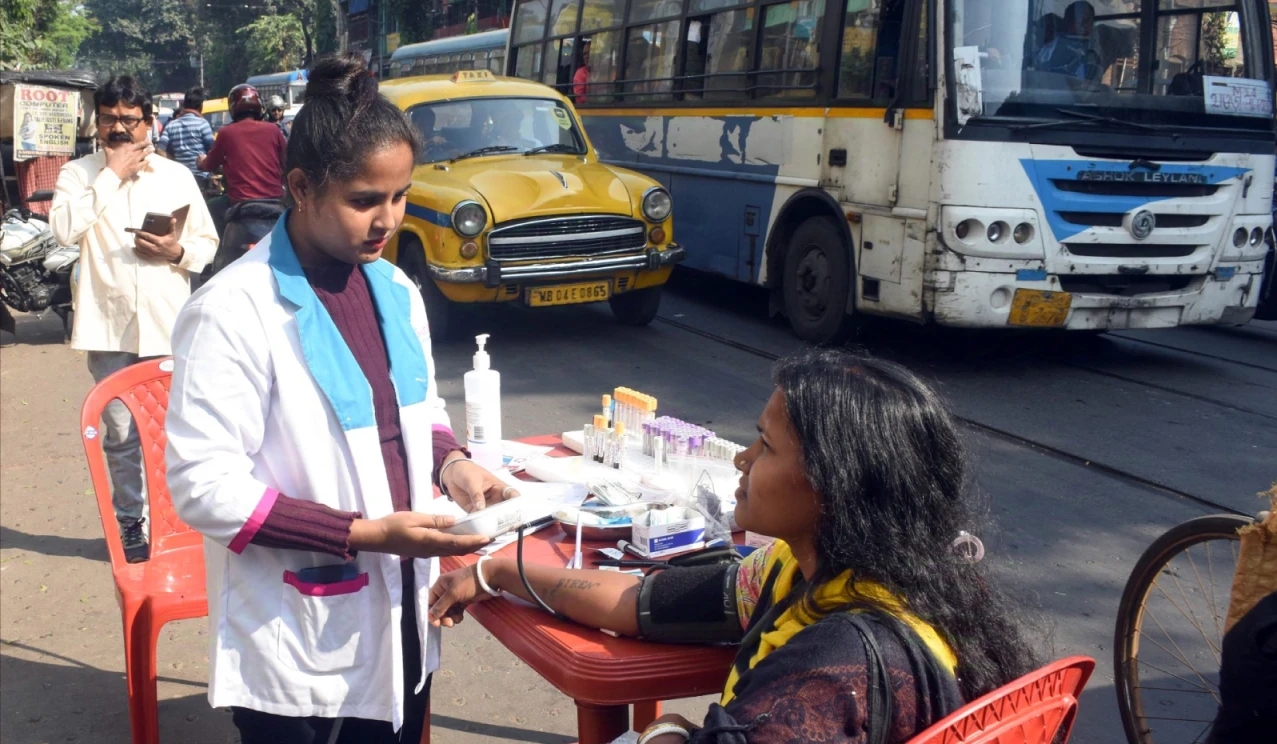The study tracked global progress to reduce deaths from chronic or ‘non-communicable’ diseases (NCDs) in 185 countries from 2010-2019.
Key Findings Related to India:
- Increased Mortality Risk: India experienced an increase in fatalities from non-communicable diseases (NCDs), such as cancer, diabetes, and heart disease, between 2010 and 2019.
- Probability of dying from an NCD between birth and age 80 rose in India, while it decreased in high-income Western and East Asian countries.
- Specific Diseases and Demographics: Heart disease and diabetes are identified as the topmost risk factors in India, with deaths from both increasing.
About Non Communicable Diseases (NCDs)
- Definition: Chronic diseases that are not transmissible from one person to another.
- Main types of NCDs: Cardiovascular Diseases (e.g.heart attacks and Stroke), cancers, chronic respiratory diseases (such as chronic obstructive pulmonary disease and asthma) and diabetes.
- Burden of NCDs in India: The share of deaths due to NCDs in India rose from 37.9% in 1990 to 63% in 2018.
- Causes of NCDs in India:
- Lifestyle and preventable risk factors: E.g. poor diet, lack of exercise, and substance abuse.
- Societal and Environmental Factors: E.g. Urbanization, globalization, ageing population and poverty promote unhealthy lifestyles.
- Other: Pollution (ambient and indoor), chronic stress etc.
Tackling NCDs requires a multi-sectorial approach, stronger primary healthcare, and the use of digital tools for early detection and management. Policy reforms, fiscal measures, and sustained investments are essential to reduce risks and save lives.
Initiatives for NCDs in India
|






